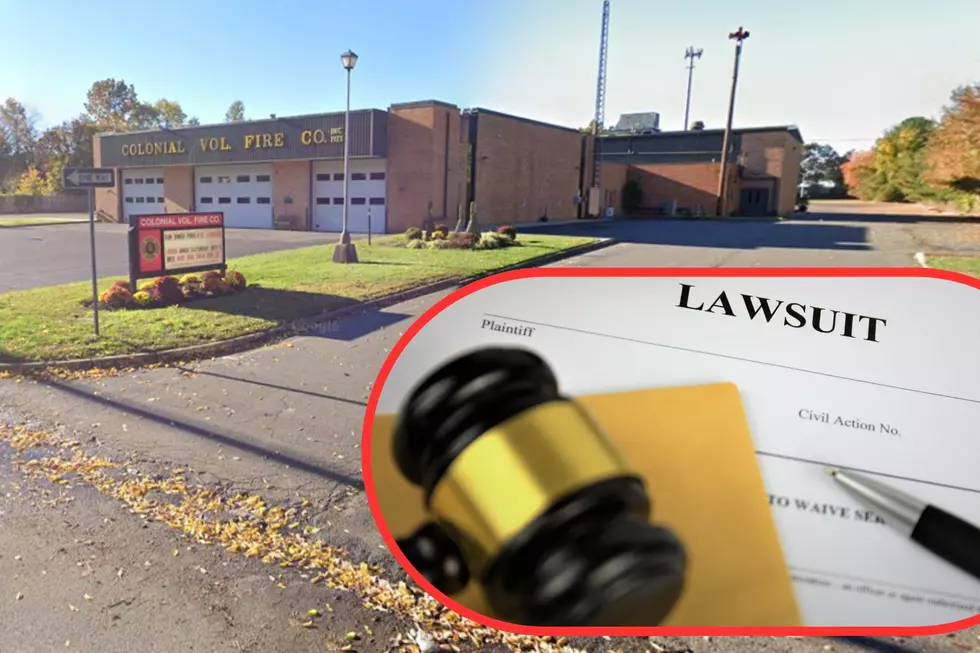
NJ diocese slams ‘false reports’ on bishop’s blood clots
When Bishop David O’Connell of Trenton was briefly hospitalized for blood clots last week at least one conservative lobbyist organization based in Canada tried to suggest it was a result of his receiving a COVID vaccine.
The Catholic leader was vaccinated five months earlier.
“Contrary to false reports being circulated by some media outlets, medical professionals treating Bishop O’Connell have dismissed any connection between his recent hospitalization and his January COVID vaccination,” a spokesperson for the Catholic Diocese of Trenton said in a written response to New Jersey 101.5 on Thursday.
O'Connell was discharged on Tuesday and was preparing to ordain a new priest on Saturday, the diocese has said.
As of last month, the CDC said it would monitor isolated cases of inflamed heart muscles — including in one North Jersey man — among people who first received COVID-19 vaccinations.
The CDC update prompted a statement from the American Heart Association/American Stroke Association, which said in part, “We remain confident that the benefits of vaccination far exceed the very small, rare risks.”
Among recent cases, a 31-year-old Saddle River man dealt with an inflamed heart, diagnosed three days after he received his first dose of Pfizer vaccine, as reported by NorthJersey.com.
After what Mody Shehab described as intense and frightening pain, the same report said he is doing well with no heart damage according to his cardiologist.
An increase of teens and young adults reporting myocarditis and pericarditis (inflammation of tissue around the heart) was being watched closely, according to federal health officials in late May.
The AHA/ASA statement continued that no connection has yet been made to vaccines actually causing such heart inflammation, which is usually the result of a viral infection.
Infection with COVID-19 continues to present a far greater risk of death or long term health effects, the AHA/ASA said, amid medical evidence that novel coronavirus has led to myocarditis and pericarditis, in addition to other potentially deadly conditions including heart attacks and blood clots in lungs.
In April, the AHA/ASA said there remains a much greater risk of blood clots in a patient’s brain as a direct result of COVID-19 infection as compared to the risk of blood clots as a potential side effect from receiving a vaccine — eight to 10 times higher.
Misinformation online has continued to spark concerns amid a lack of evidence linking symptoms as a result of vaccination.
Among skeptics of U.S. COVID-19 vaccination efforts, a common reference is to the CDC’s Vaccine Adverse Event Reporting System (VAERS), which is an open online collection system for post-vaccine events.
Anyone can submit a report and those seen online have not yet been investigated by medical professionals, which means there is no evidence that issues listed were caused by a vaccine.
NJ's most and least COVID vaccinated towns, by county
COVID vaccines: 17 myths, misconceptions and scientific facts
LOOK: What are the odds that these 50 totally random events will happen to you?
More From New Jersey 101.5 FM









